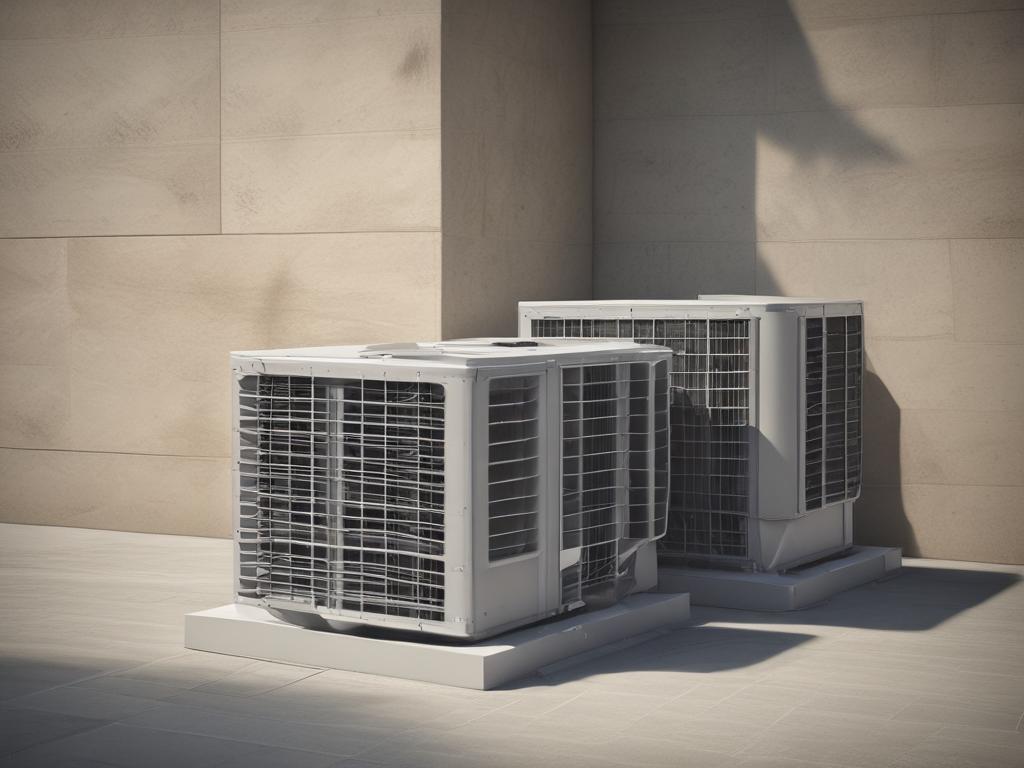
In today's fast-paced world, understanding HVAC systems is not just a luxury; it's a necessity for maintaining a comfortable home environment. Dives into the fundamentals of HVAC systems unveil the essential components that work tirelessly behind the scenes to regulate temperature, humidity, and air quality. These systems have become the backbone of modern living, ensuring that whether it’s the scorching summer heat or the frigid winter cold, your home remains a sanctuary of comfort.
Moreover, grasping how HVAC systems operate can lead to significant energy efficiency and cost savings. Knowledge about these systems empowers you to make informed decisions, from selecting the right unit to implementing maintenance practices that prolong its life. Understanding HVAC systems also contributes to better indoor air quality, which directly impacts your health and well-being. Join us as we explore the intricacies of HVAC systems and uncover their critical role in creating a safe and comfortable home.
The essential components of HVAC systems and their role in home comfort
HVAC systems consist of three essential components: heating, ventilation, and air conditioning. The heating element includes furnaces, boilers, or heat pumps that raise indoor temperatures during colder months, ensuring a cozy environment. Air conditioning units, on the other hand, cool the air, making summer living comfortable. Ventilation plays a crucial role by circulating fresh air throughout the home, removing stale air and regulating humidity levels. Each of these components works synergistically to create a balanced indoor climate that enhances comfort for you and your family.
Understanding these components allows homeowners to appreciate their HVAC systems better and their impact on daily living. For instance, a well-functioning heating system ensures even warmth during winter, while an efficient air conditioning unit cools your space without excessive energy usage. Furthermore, proper ventilation helps mitigate issues like mold growth and allergens, contributing to a healthier home environment. By recognizing the functions of these key elements, homeowners can make informed decisions about maintenance and upgrades, promoting a more comfortable living space year-round.
Why understanding HVAC systems is vital for energy efficiency and cost savings
Understanding your HVAC system is crucial for maximizing energy efficiency in your home. When you know how your heating, ventilation, and air conditioning units function, you can make informed decisions about their operation and maintenance. Regularly changing air filters, for instance, significantly enhances airflow and reduces energy consumption. Additionally, knowing the optimum temperature settings can prevent your system from overworking, which not only saves energy but also prolongs the lifespan of your equipment. Essentially, this knowledge empowers you to take proactive steps that contribute to a more energy-efficient household.
Cost savings are another critical benefit of grasping the intricacies of HVAC systems. When homeowners are aware of the features and settings of their HVAC, they can identify areas for improvement, such as sealing leaks and optimizing system performance. These small adjustments can lead to substantial reductions in utility bills. Furthermore, understanding when to call for professional maintenance can prevent costly repairs down the line. By investing time in learning about your HVAC system, you effectively become a steward of your home's comfort while also protecting your wallet from unnecessary expenses.
How HVAC systems impact indoor air quality and overall well-being
HVAC systems play a crucial role in maintaining indoor air quality, which significantly influences our health and comfort. These systems filter dust, allergens, and pollutants from the air, ensuring that the environment remains clean and breathable. Regular maintenance, such as changing filters and cleaning ducts, prevents the accumulation of harmful substances, promoting a healthier living space. By efficiently controlling temperature and humidity levels, HVAC systems also discourage the growth of mold and mildew, which can lead to respiratory issues and other health concerns.
Moreover, a well-functioning HVAC system contributes to overall well-being by creating a comfortable atmosphere within the home. This balance of temperature and humidity not only enhances comfort but also affects mood and productivity. Poor air quality and uncomfortable living conditions can lead to increased stress and decreased focus. By understanding the impact of HVAC systems on indoor air, homeowners can make informed decisions about their maintenance and operation, ultimately fostering a healthier and more enjoyable living environment.